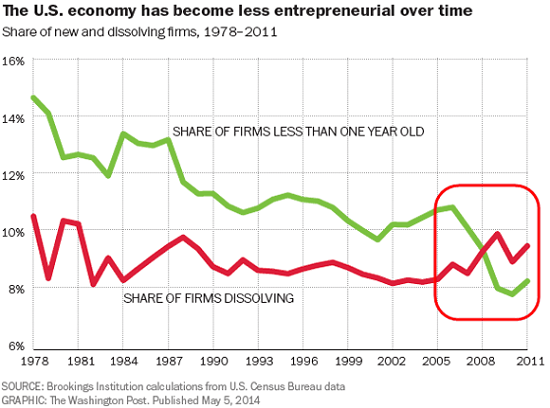The Wall Street Journal‘s James Taranto rounds up some amusing-in-hindsight bloviations by Paul Krugman about the efficiencies of the Veterans Health Administration:
There was no ObamaCare in January 2006, when former Enron adviser Paul Krugman wrote this:
I know about a health care system that has been highly successful in containing costs, yet provides excellent care. And the story of this system’s success provides a helpful corrective to anti-government ideology. For the government doesn’t just pay the bills in this system — it runs the hospitals and clinics.
No, I’m not talking about some faraway country. The system in question is our very own Veterans Health Administration, whose success story is one of the best-kept secrets in the American policy debate.
The “secret” of the VA’s “success,” Krugman argued, “is the fact that it’s a universal, integrated system.” That saves on administrative costs and allows for efficient record-keeping. Krugman acknowledged that the VA had a history of mismanagement and mediocre care, until “reforms beginning in the mid-1990’s transformed the system.” But wait. Hasn’t it been a universal, integrated system all along? Maybe the secret is something else. At any rate, the Phoenix revelations suggest it’s the system’s failures that are being kept secret.
Krugman lamented that his argument “runs completely counter to the pro-privatization, anti-government conventional wisdom that dominates today’s Washington.” That was 2006, remember, when Republicans had the White House and both houses of Congress. If Krugman is to be believed — a big “if,” to be sure — the Bush administration did a far better job running the VA than the Obama administration is doing now. Which reminds us of something Waldman wrote: “There’s an old saying that when they’re out of office, Republicans argue that government is inefficient and incompetent, and when they get in office, they set about to prove it.”
Krugman concluded that 2006 column as follows:
Ideology can’t hold out against reality forever. Cries of “socialized medicine” didn’t, in the end, succeed in blocking the creation of Medicare. And farsighted thinkers are already suggesting that the Veterans Health Administration, not President Bush’s unrealistic vision of a system in which people go “comparative shopping” for medical care the way they do when buying tile (his example, not mine), represents the true future of American health care.
“Good Glitches,” anyone?
Krugman managed to get two more columns out of the glorious VA. One, in September 2006, also damned Medicare Advantage and complained that the administration opposed the idea of letting elderly vets use Medicare benefits at VA hospitals:
“Conservatives,” writes Time, “fear such an arrangement would be a Trojan horse, setting up an even larger national health-care program and taking more business from the private sector.”
Think about that: they won’t let vets on Medicare buy into the V.A. system, not because they believe this policy initiative would fail, but because they’re afraid it would succeed.
OK, but think about this: According to The-Military-Guide.com, “if you’re eligible for any level of VA care, whether it’s high-priority or low-priority, you’re no longer eligible for ACA exchange subsidies.” (ACA is an abbreviation for PPACA, in turn an abbreviation for the Patient Protection and Affordable Care Act, ObamaCare’s official title.) There are worse things than being excluded from ObamaCare, of course — but the VA may be one of them.





